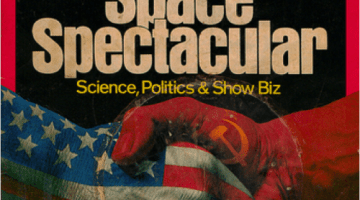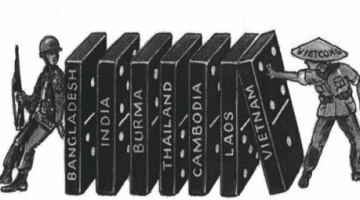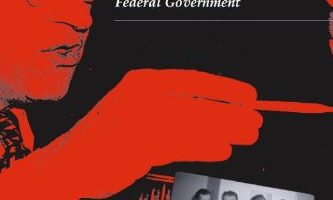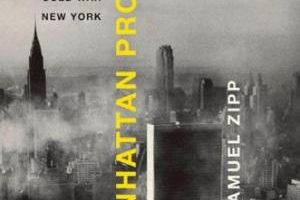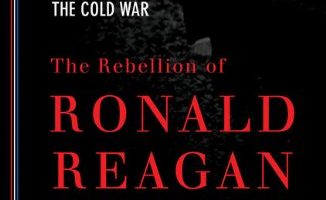
Contrasting visions of Reagan have been especially stark in the realm of foreign affairs. Advocates often argue that he launched a new arms race that undermined the Soviet Union. Critics remember a detached leader presiding over the shameful Iran-Contra scandal. Both depictions are problematic, as they accentuate different aspects of a complex, often inscrutable man.
